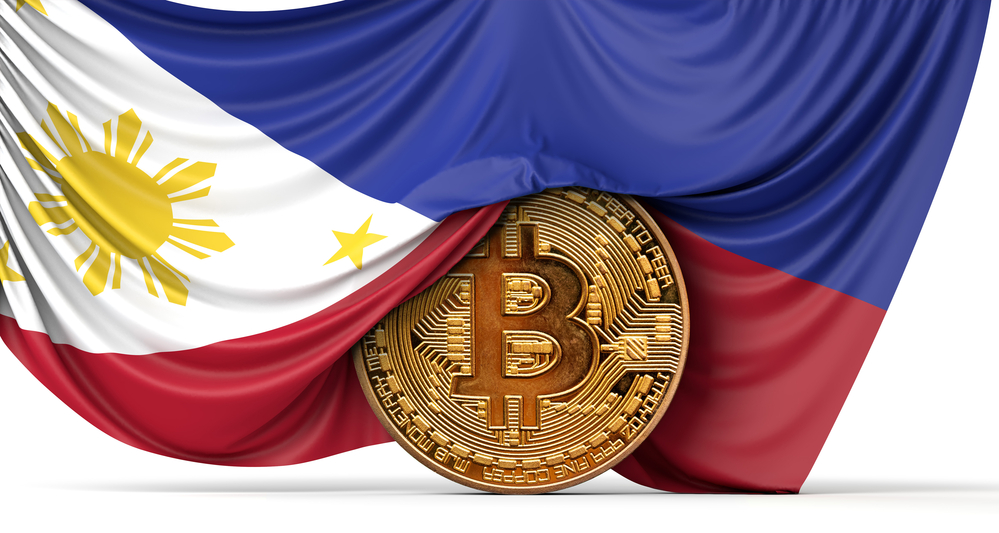With the hope to one day decentralize financial activities and lessen the reliance on banks and similar institutions, we saw the creation and rise of cryptocurrency in the digital age. As we know it today, cryptocurrency is the virtual currency accessible online and secured by cryptography.
In general, cryptocurrency is an alternative payment method that utilizes digital encryption. For you to use cryptocurrency, you’ll need a cryptocurrency wallet. Counterfeit activities with cryptocurrency are almost impossible because of cryptography protection, otherwise known as safeguarding pieces of information through codes.
Cryptocurrency: Facts and Statistics
The title of the first cryptocurrency to make it into the market belongs to Bitcoin, the most notable example of digital currency. After its release to the public in 2010, more cryptocurrencies emerged. As of November 2022, there are over 20,000 cryptocurrencies currently circulating in the market.
You should note, however, that not all of the 20,000 cryptocurrencies are valuable. Some are even considered dormant or unreliable. It’s speculated that once you remove the inactive currencies, there are only 9,300 active tokens.
As cryptocurrency becomes increasingly sophisticated, more countries are beginning to accept this as a valid currency for daily transactions. This arrangement can prove to be beneficial to cryptocurrency users as well, considering a rough estimate of 300 million users exist worldwide.
History of Cryptocurrency in the Philippines
Although the currency has been around since 2010, it wasn’t until 2016 that the Philippines’ central financial government authority, the Bangko Sentral ng Pilipinas (BSP), sought to establish a framework to regulate and maintain cryptocurrency transactions in the country properly. This framework requires users to register their crypto transactions as remittances and transfer companies with the BSP.
After the BSP enforced this regulation, they recognized 16 cryptocurrencies as of 2020. Examples of these cryptocurrencies include Bexpress Inc., Coinville Phils Inc., and Aba Global Philippines Inc. All these are the latest cryptocurrencies added to the growing roster of tokens recognized by the BSP.
With a working and continuously improved framework in future years, other financial entities in the country have expressed interest in allowing cryptocurrencies within their daily operations. Among these institutions include the Philippine Stock Exchange (PSE), but it’s currently waiting for further guidelines from the Securities and Exchange Commission (SEC) before offering cryptocurrency options to the public.
In 2019, the SEC announced it would begin drafting guidelines regarding crypto exchanges in the Philippines. By 2020, the SEC announced that they had prepared a set of rules and regulations and were awaiting finalization from regulators. Since then, however, this is the last update that has been made.
Emerging Trends of Cryptocurrency in the Philippines
Although the country’s cryptocurrency market is still young, trends have already emerged tackling how this form of a monetary transaction can benefit the country and its users. Many also believe that creating a cryptocurrency ecosystem in the country can encourage more people to invest in the local market.
The BSP also announced that the country could see a future for a central bank digital currency (CBDC). They’re conducting extensive research to turn the CBDC concept into reality someday. While this might take some time to accomplish and maintain, this reinforces the BSP’s desire to integrate cryptocurrency into the local market without making it too complicated for people to understand.
While proper implementation of cryptocurrency hasn’t happened yet, it hasn’t stopped Filipinos from participating in the global crypto ecosystem. According to the Cryptocurrency Adoption Index, conducted by an Australian fintech website, Finder, crypto users in the Philippines ranked 10th in adopting cryptocurrency as of July 2022.
When Finder surveyed around 7,500 Filipino users, 16% admitted they owned a cryptocurrency variant. Other countries that actively participate in the crypto market, like India, Vietnam, Hong Kong, Singapore, and Australia, also had rankings in the survey report. As of November 2022, however, the Philippines’ ranking dropped to 12th.
Likewise, at a regional level, Cebu City has partnered up with C Pass Inc., a Filipino-Korean firm, to create the C-Peso crypto token.
The C-Peso is a stablecoin, meaning that it has a stable price based on algorithms and is unaffected by the performance of other fiat or cryptocurrencies. It’s hoped that this token can be more convenient for citizens since it can be easily purchased and stored in their digital wallets.
The Philippines as a Hub for Cryptocurrency
Cryptocurrency may still be a new concept for most people, but it’s undeniable that the Philippines without a crypto market in its future is virtually impossible. If anything, all the initiatives done by both the government and local cities signal that cryptocurrency will find a good home in the country.
At the current pace and dedication to research and development, the country will probably start implementing cryptocurrency in its financial transactions since buying bitcoin offers its users a faster, more secure, and decentralized customer experience.
Image source: cvj.ch
Support Zerocrypted
- Trade on Bitmex
- Trade on Binance Jersey
Subscribe to our Newsletter to be a part of our future $1,000 per month contests.


